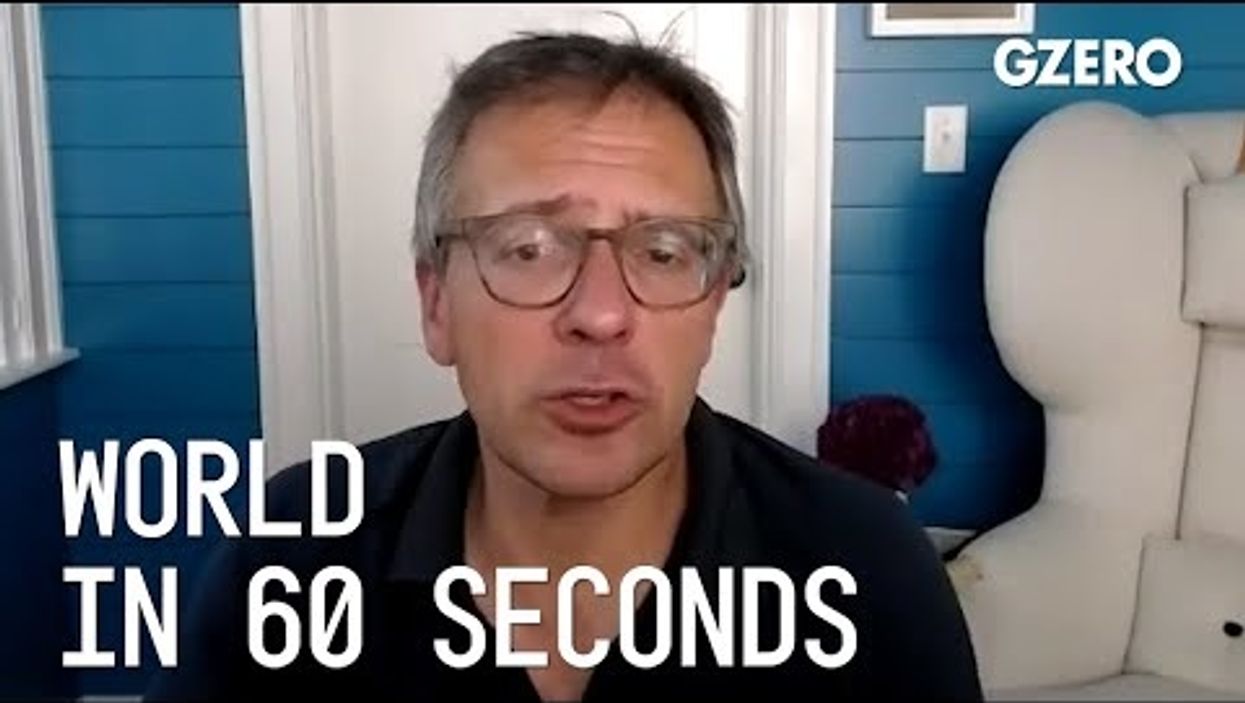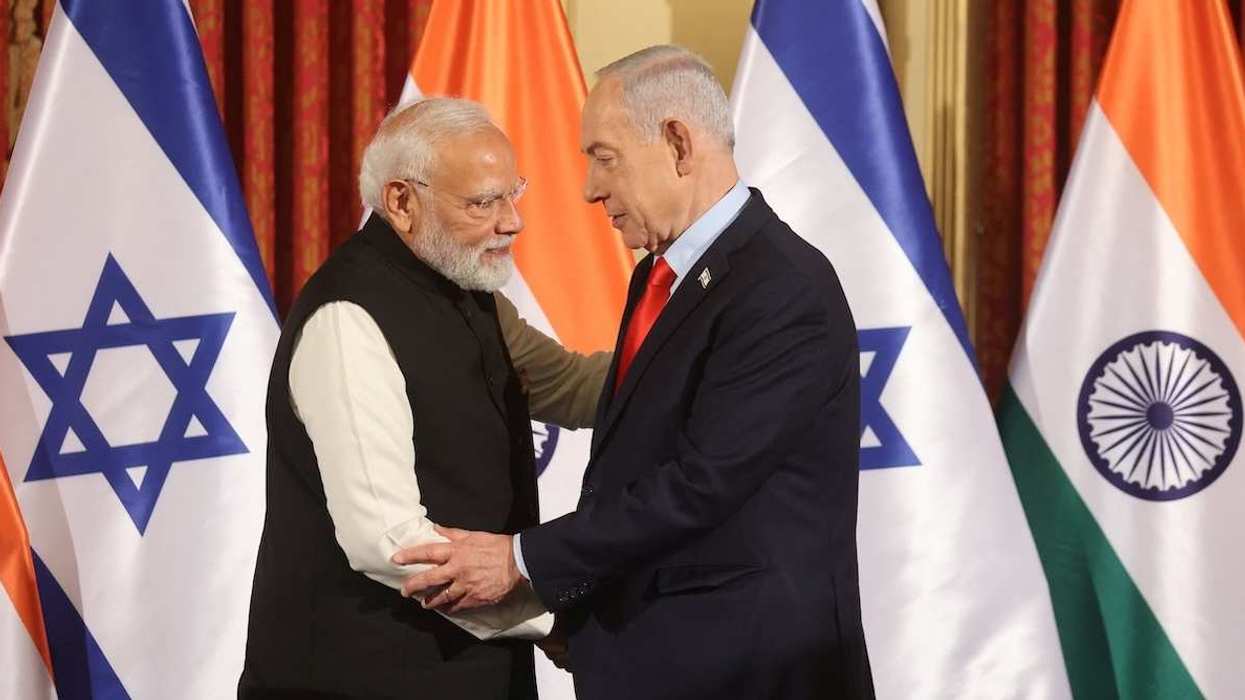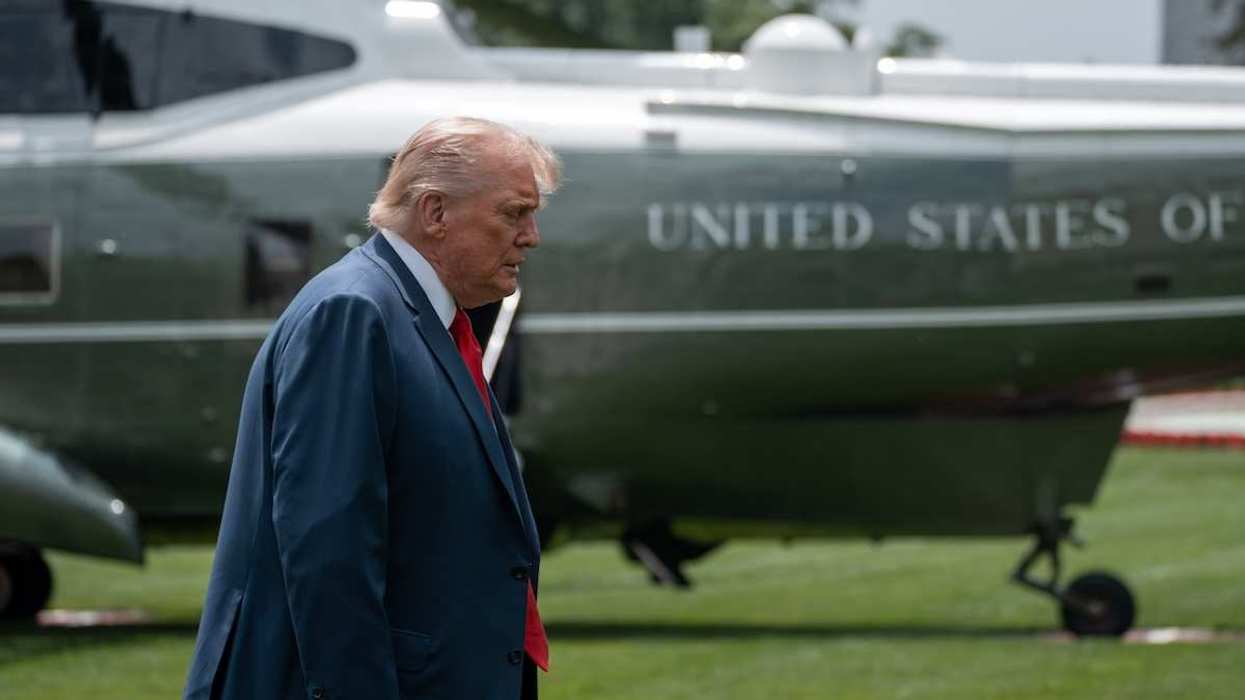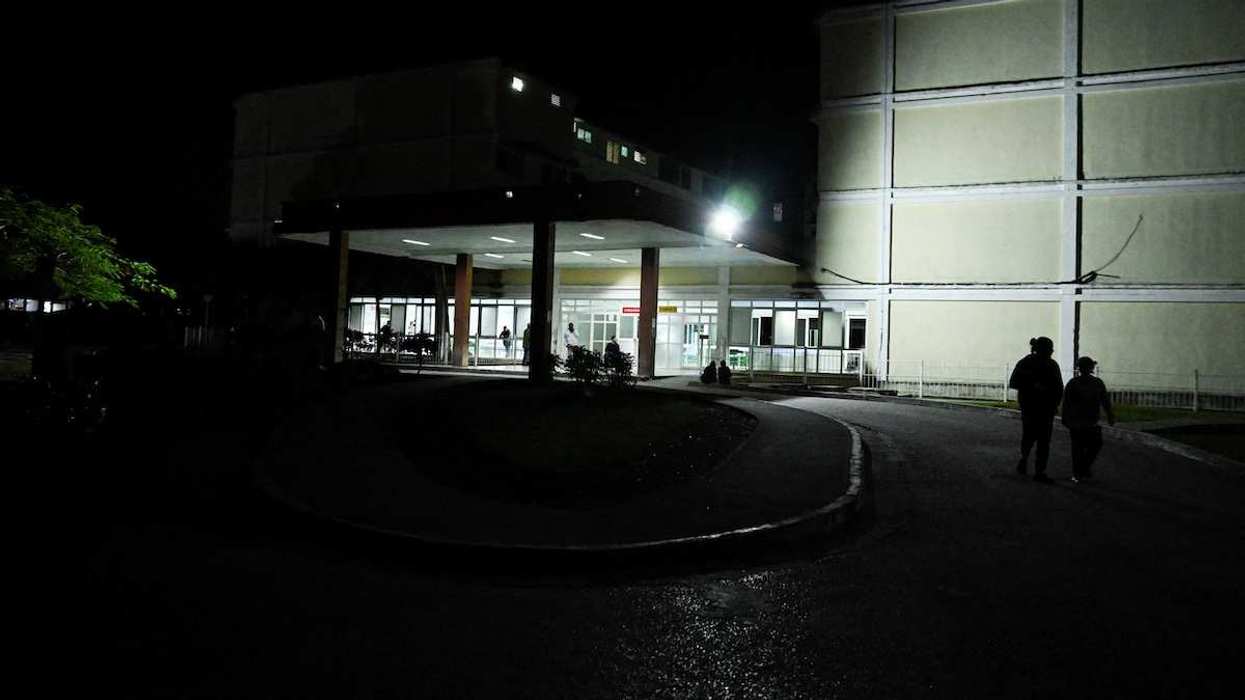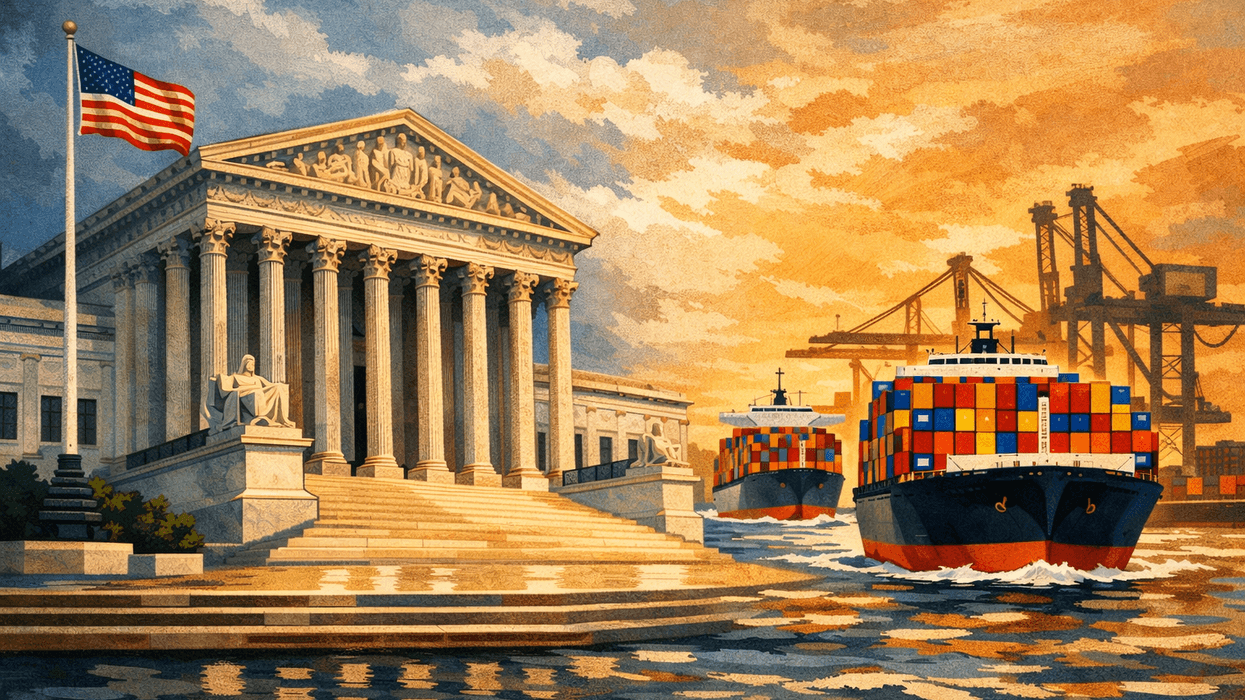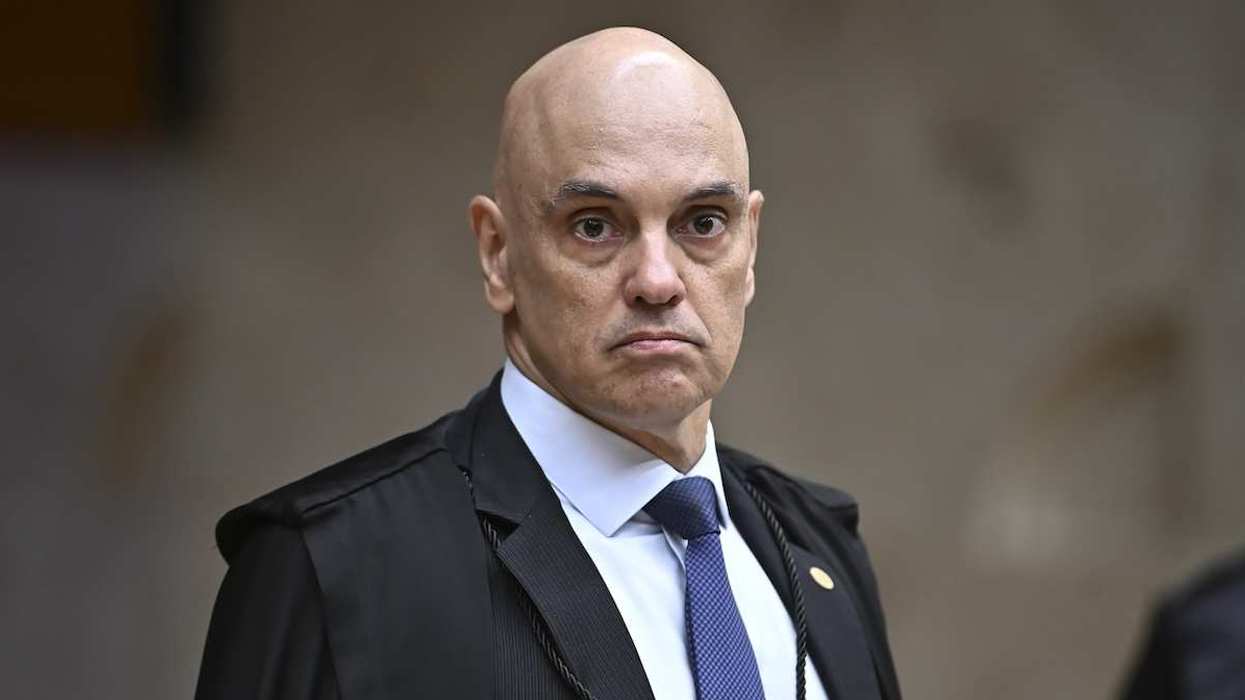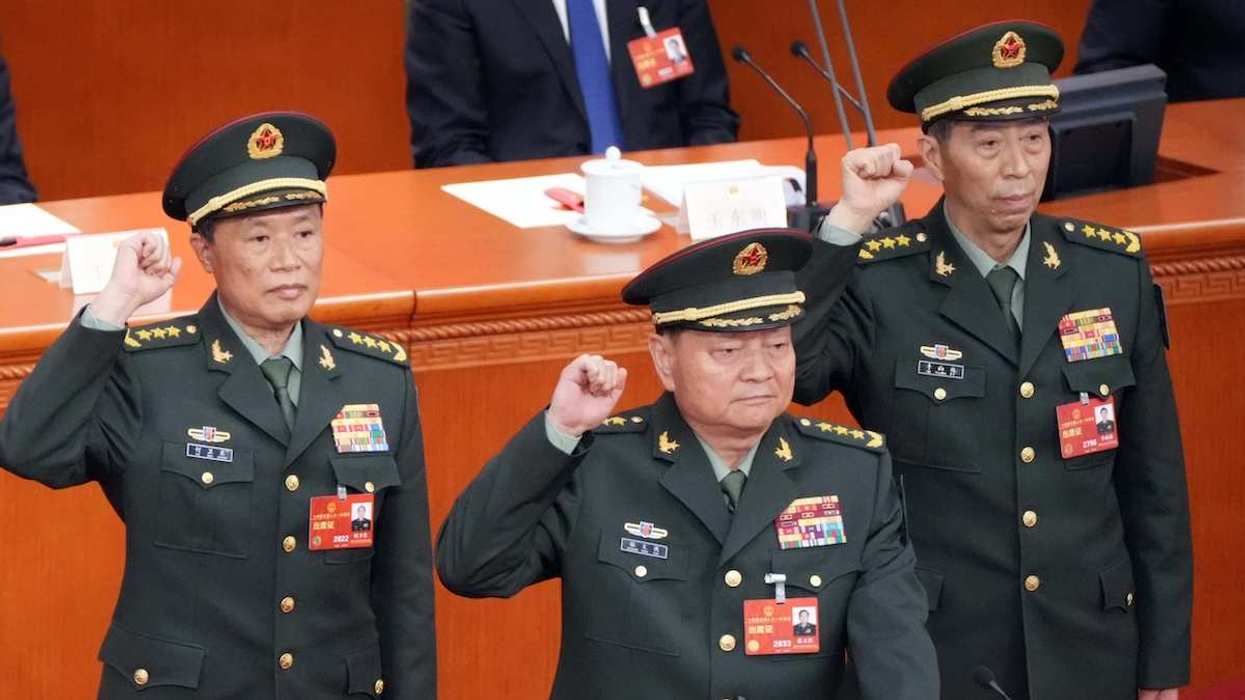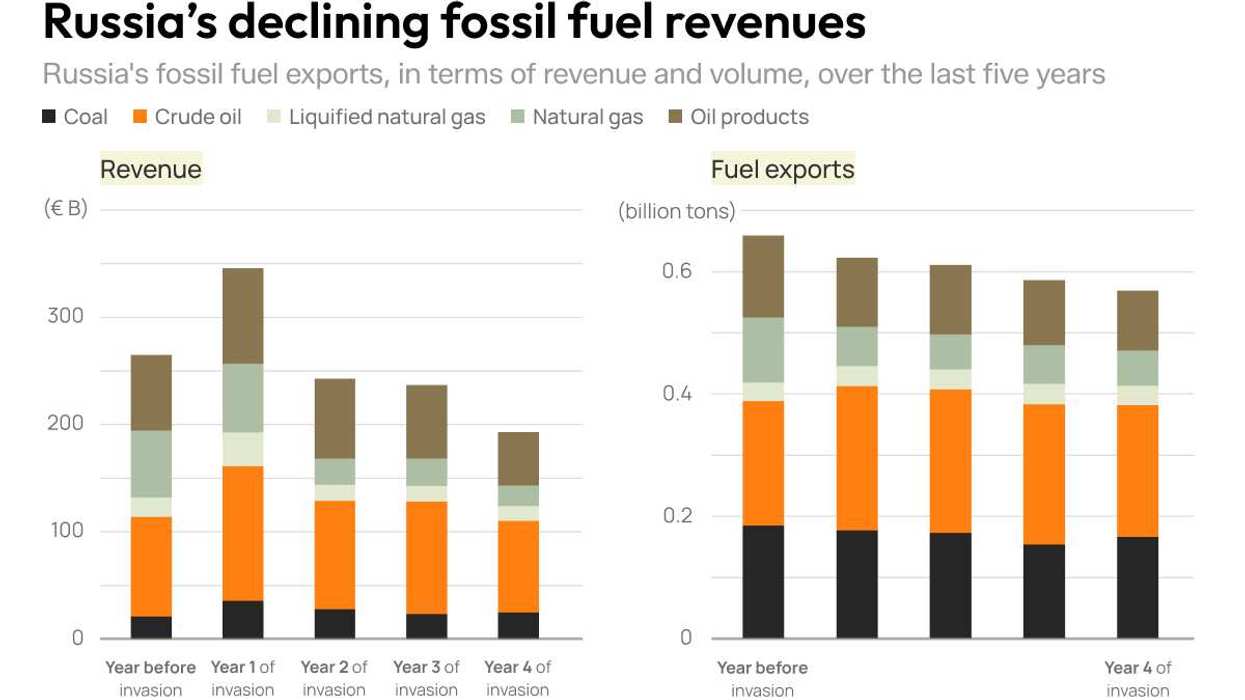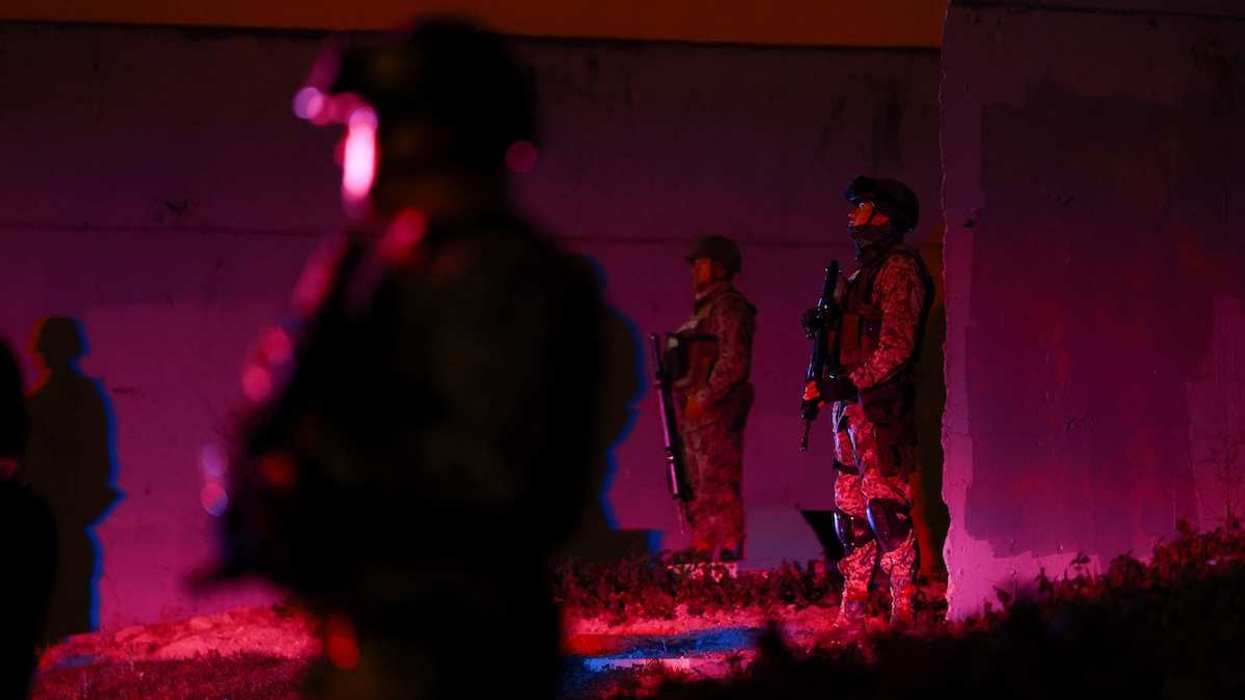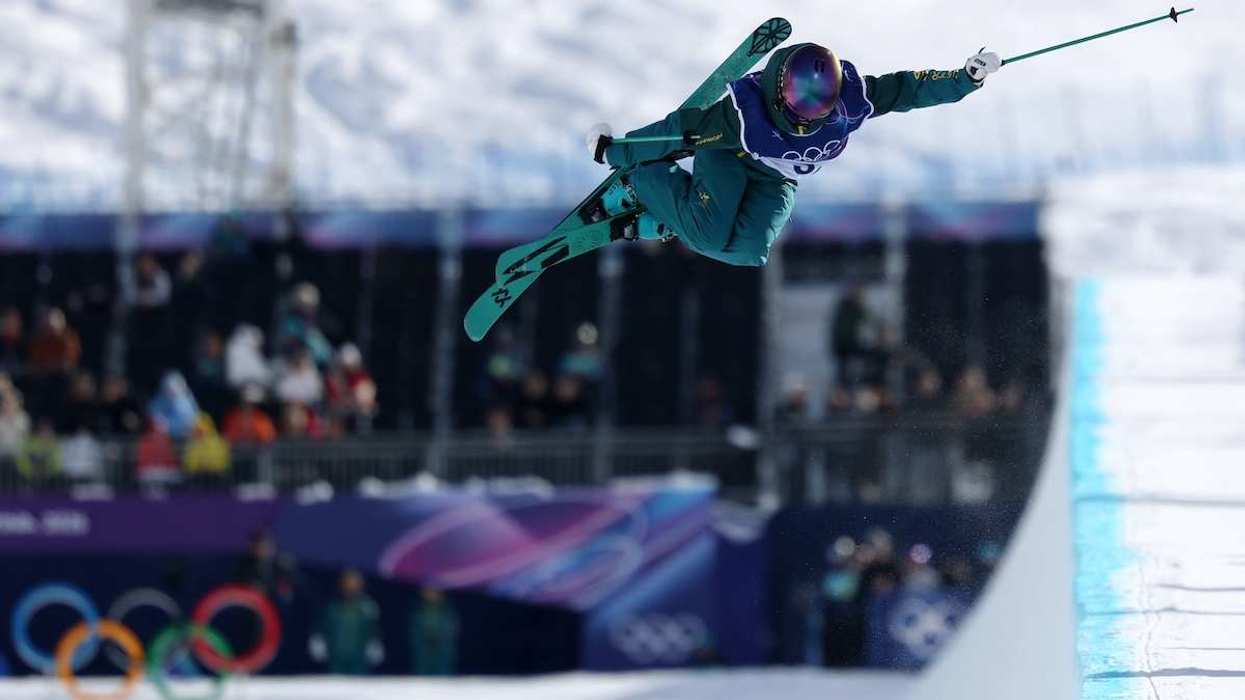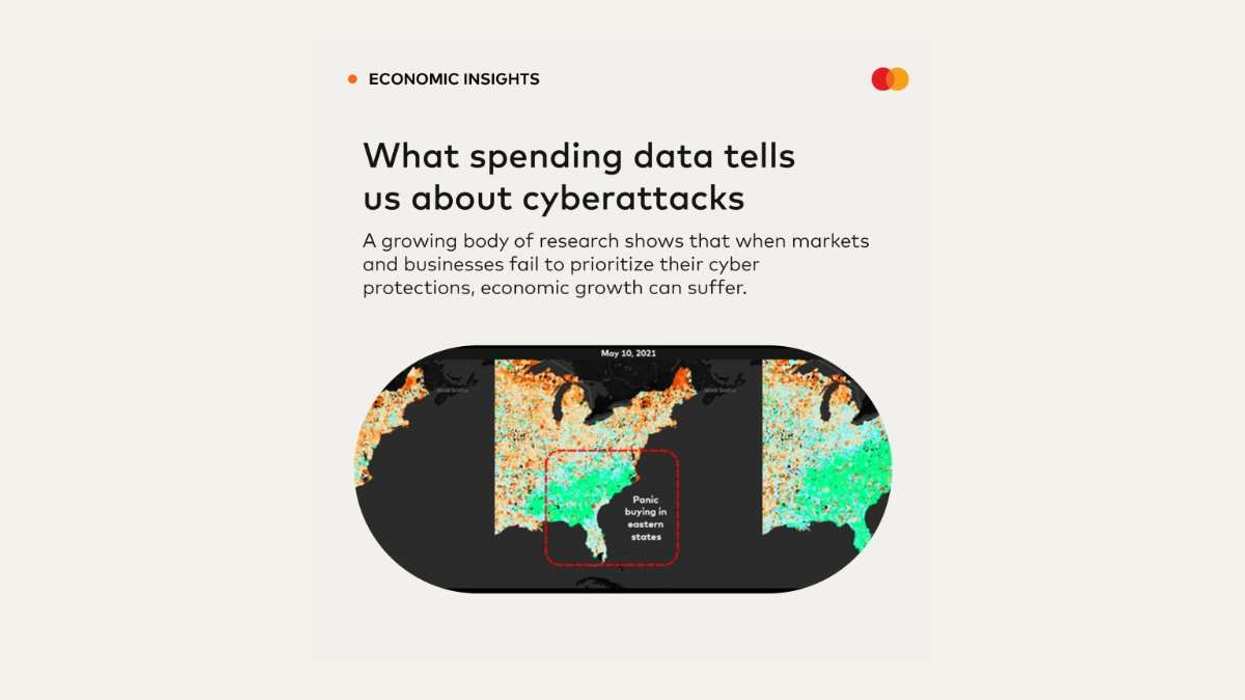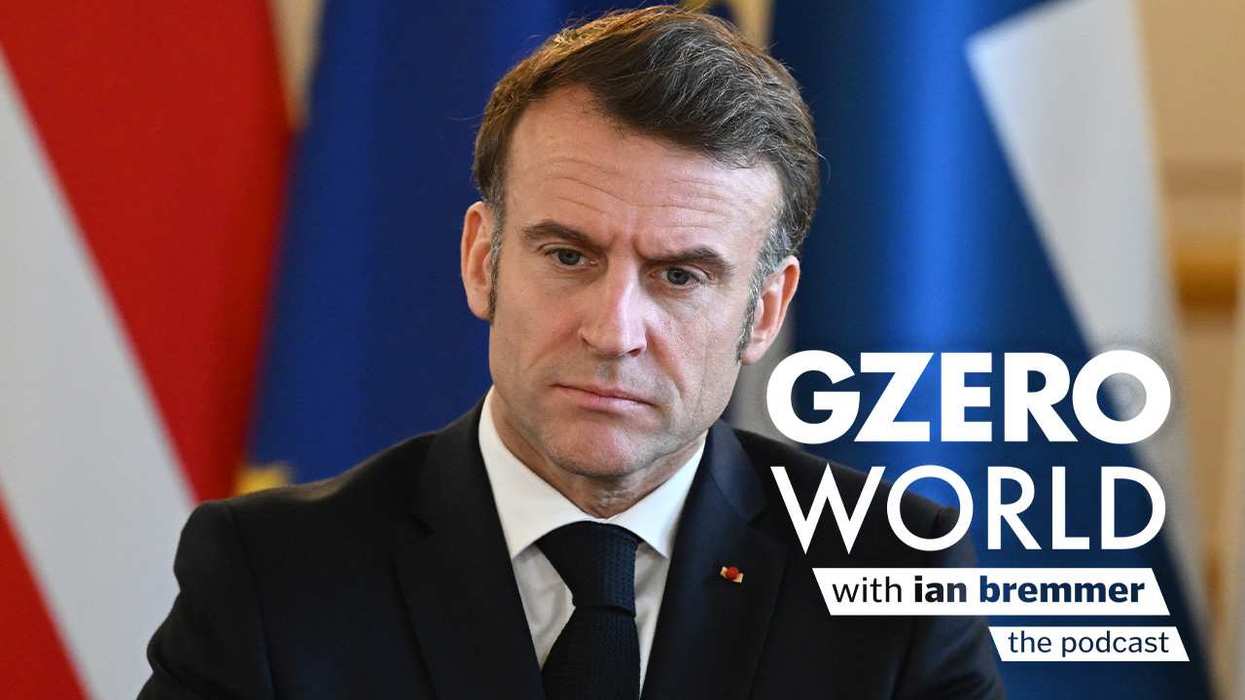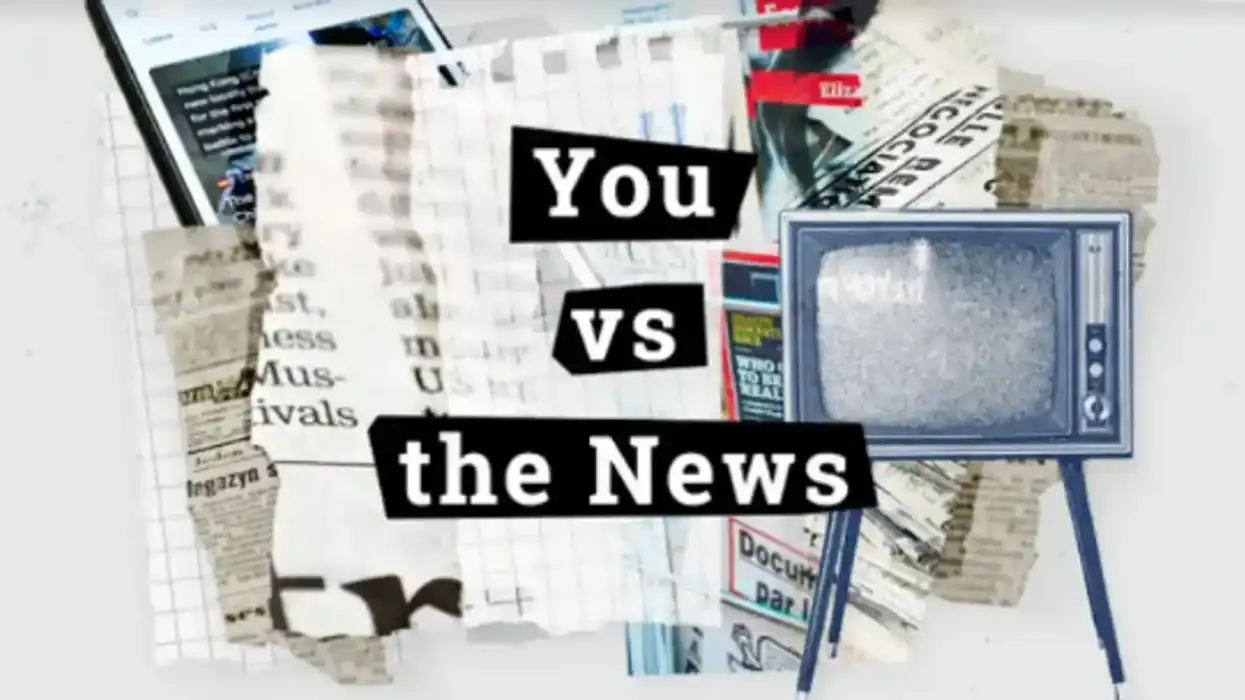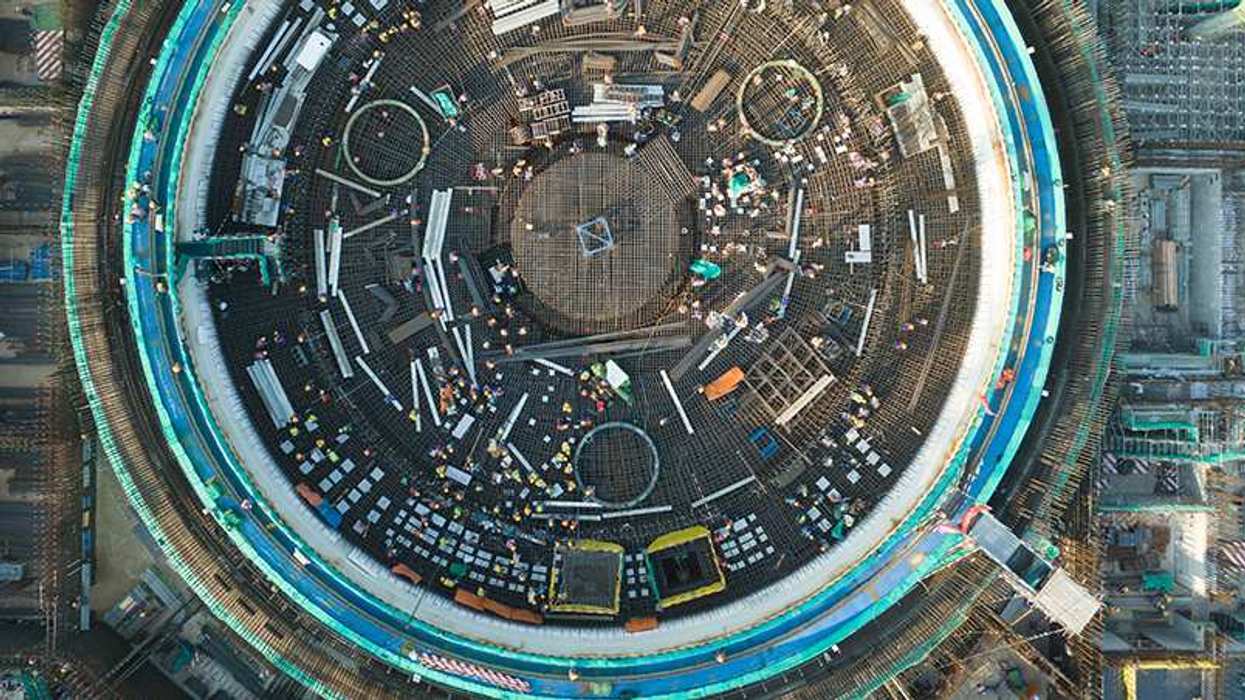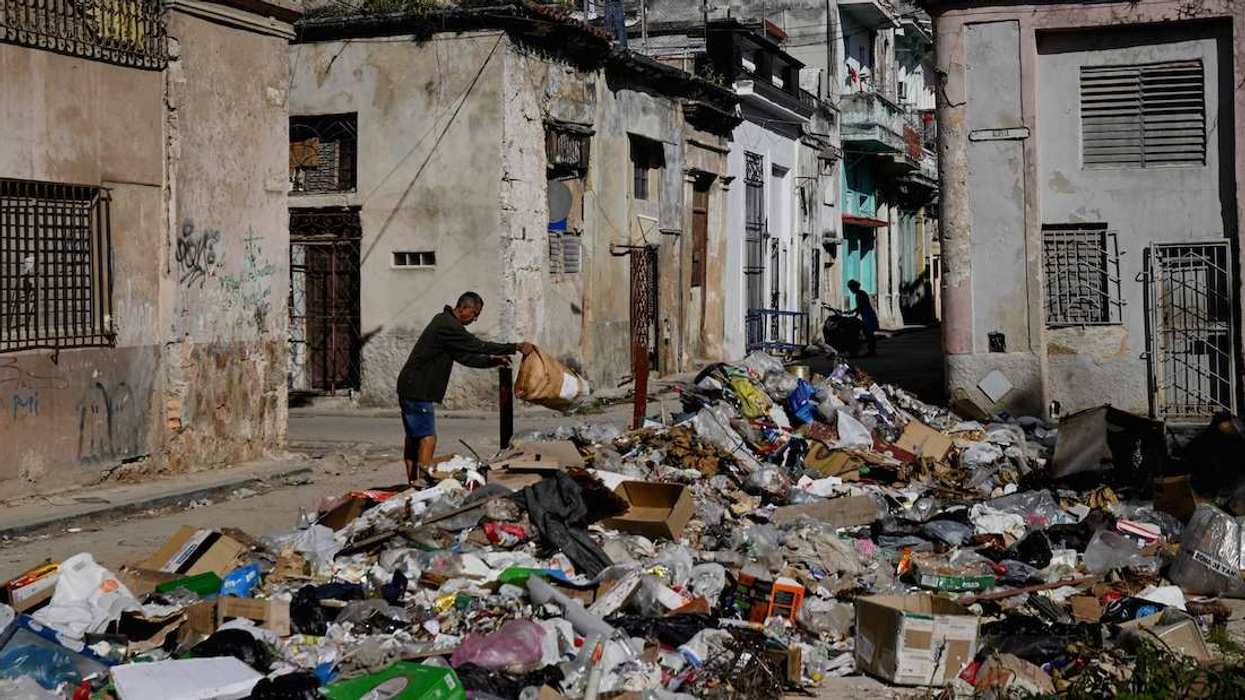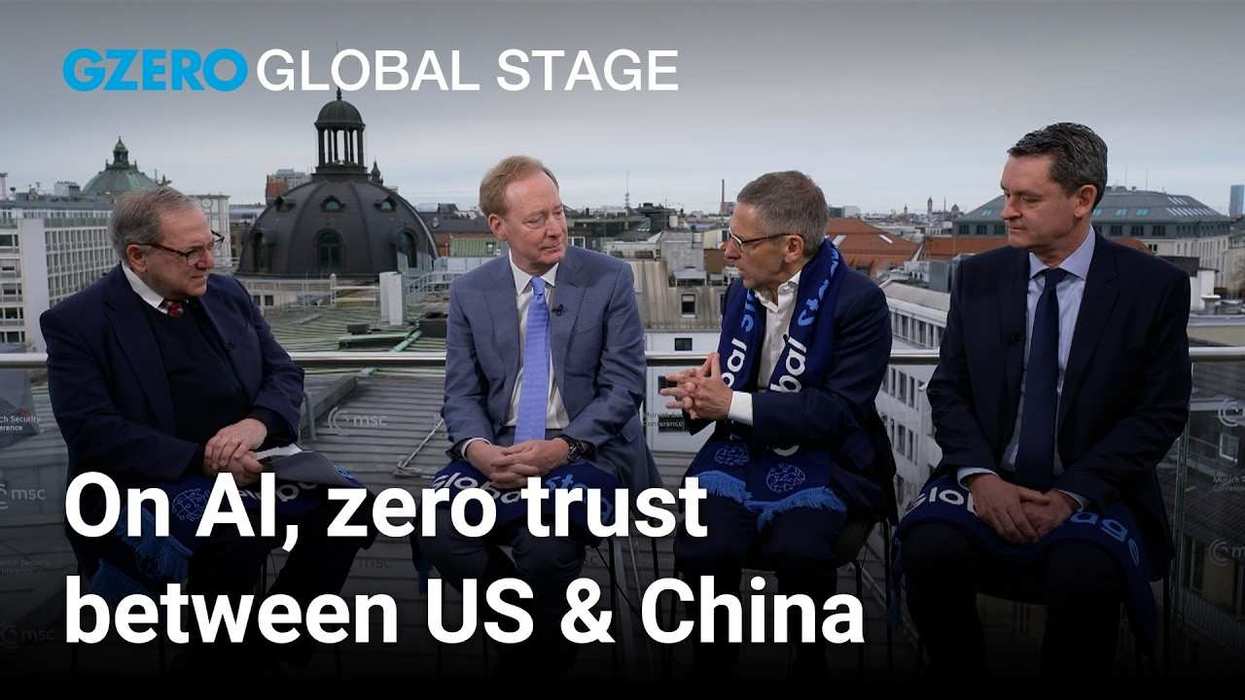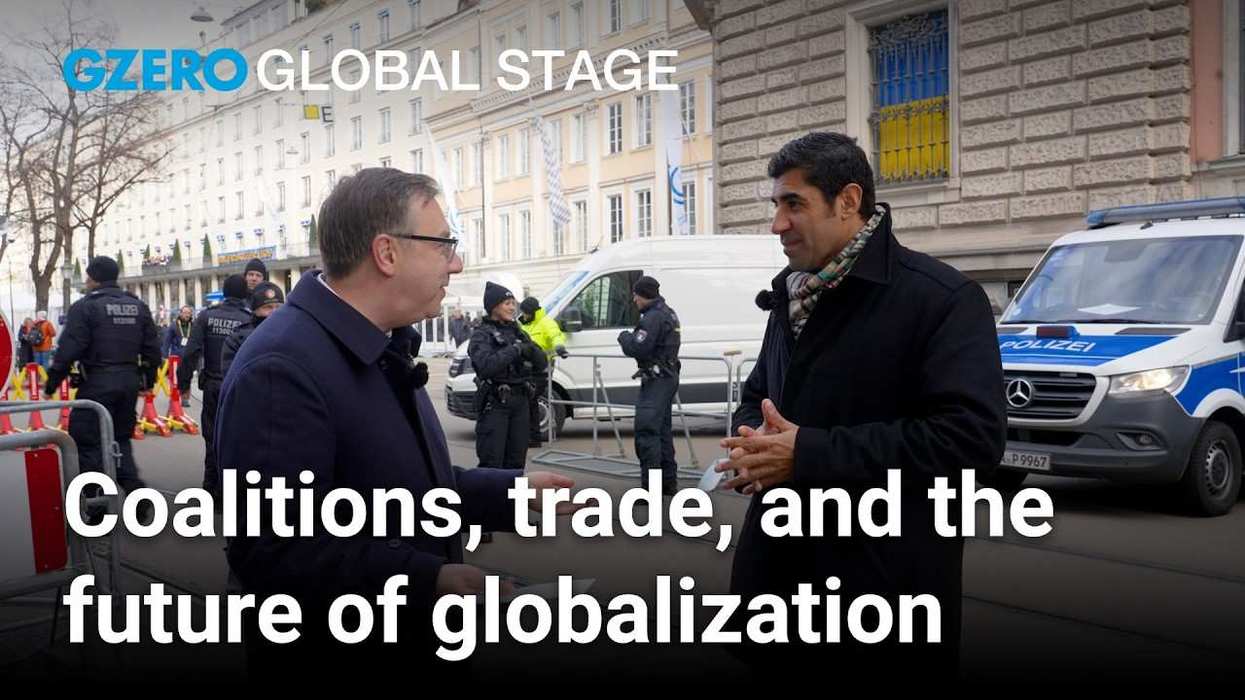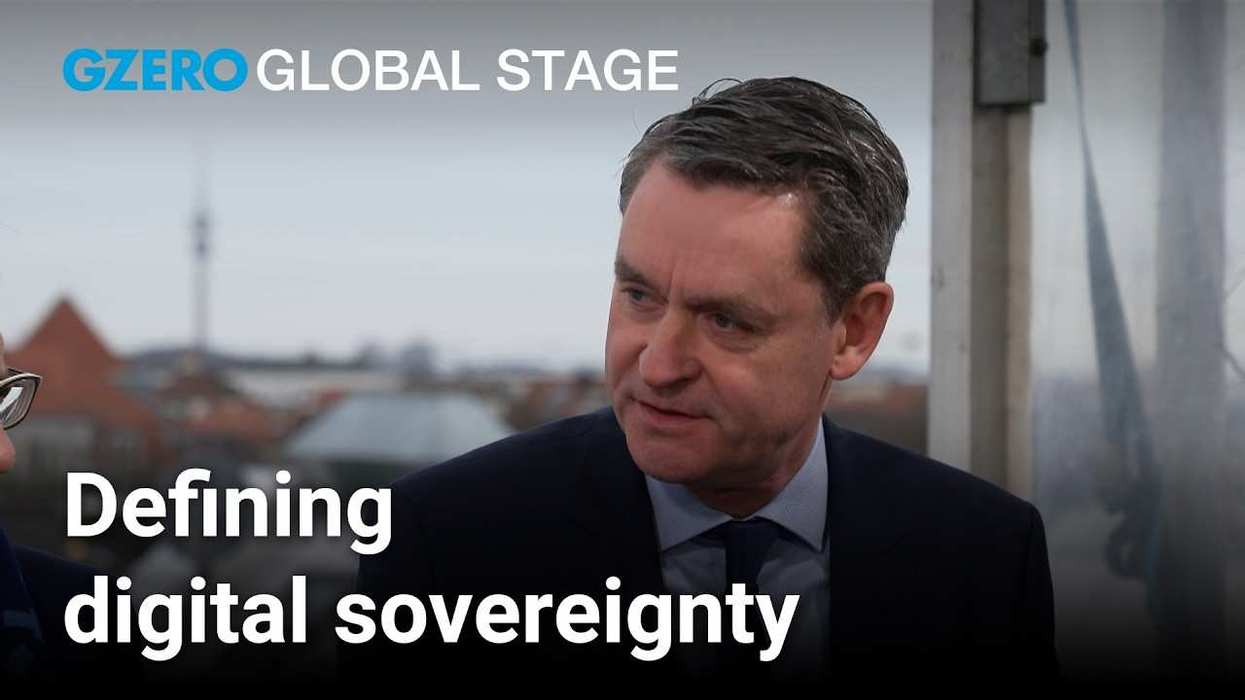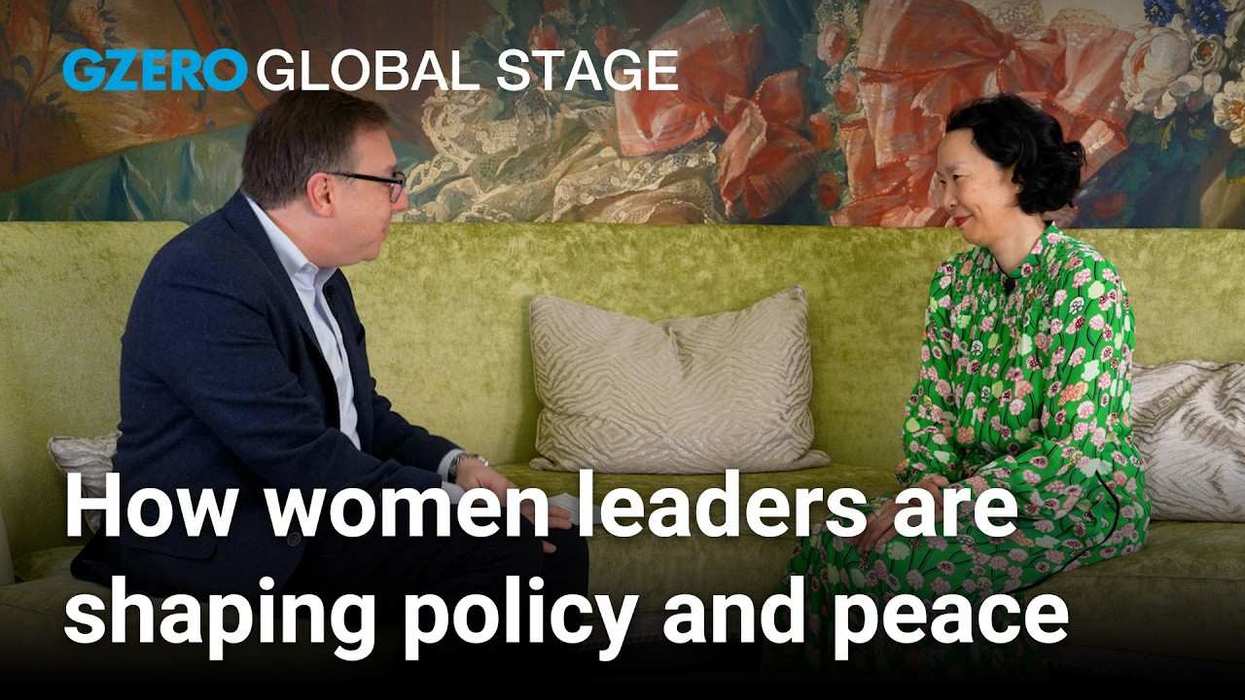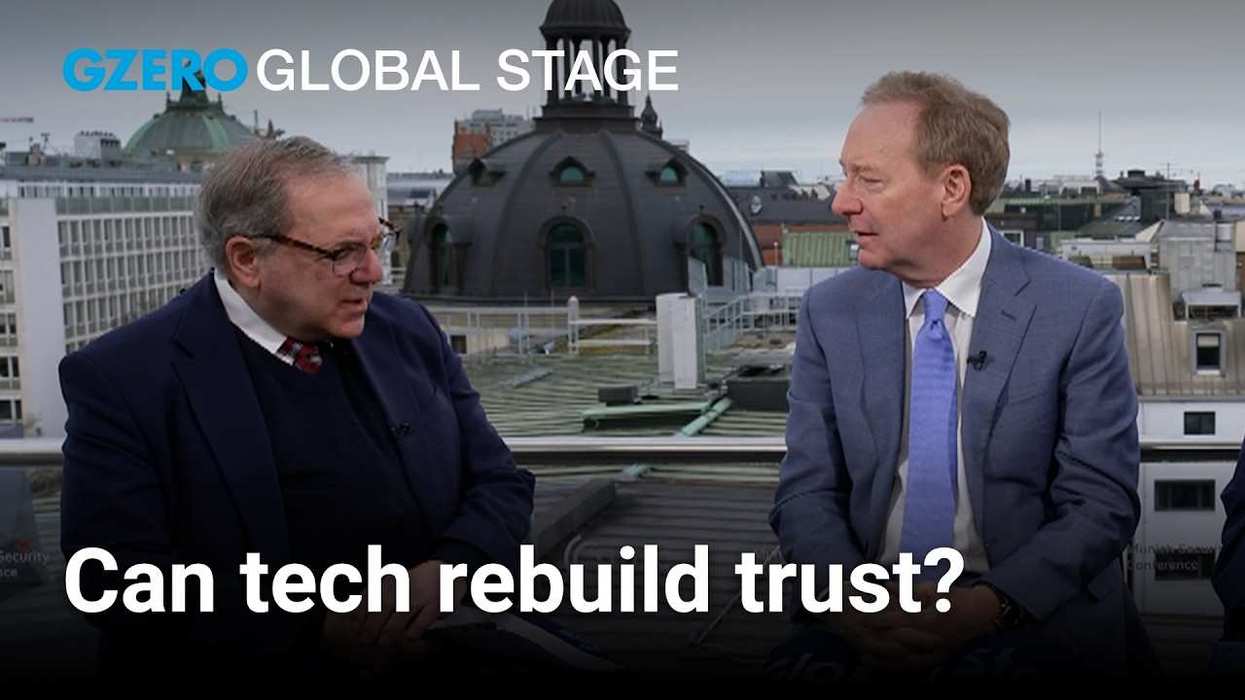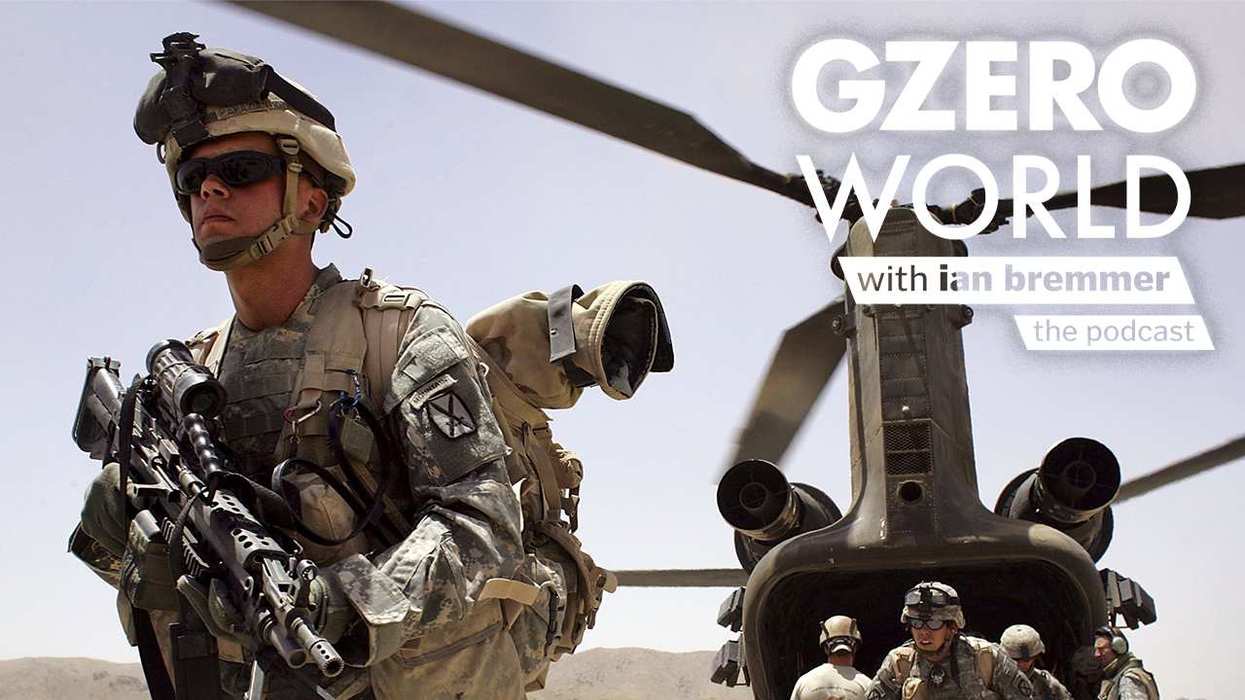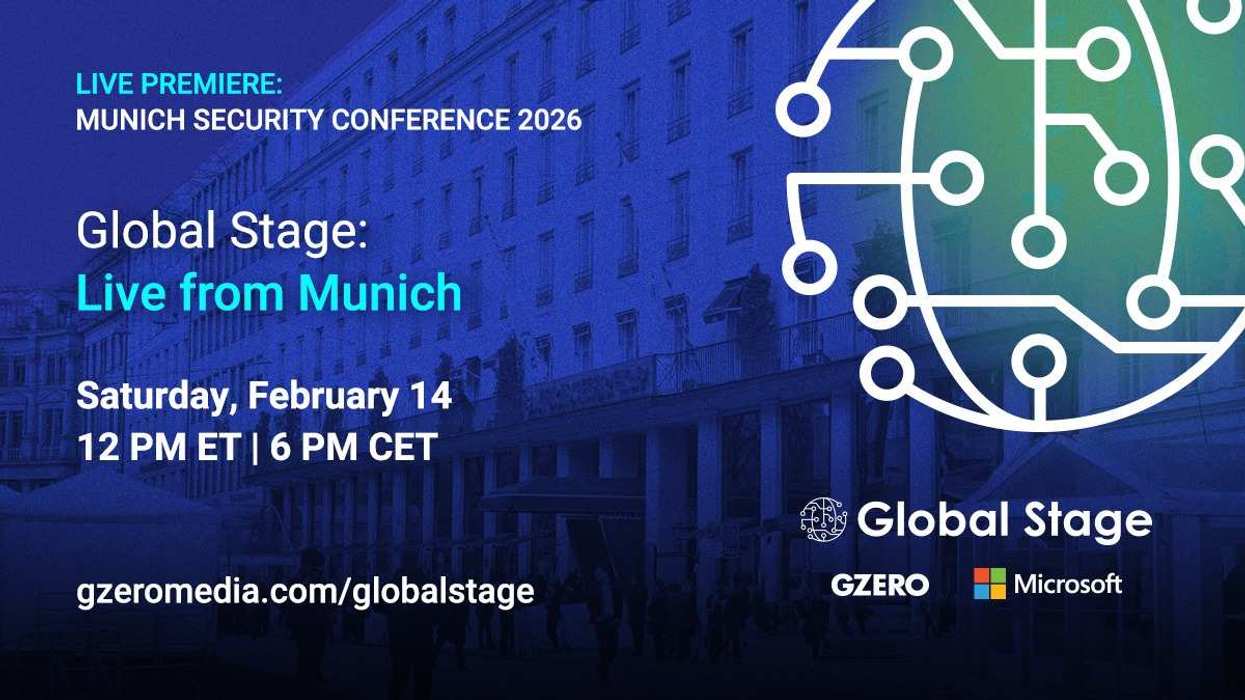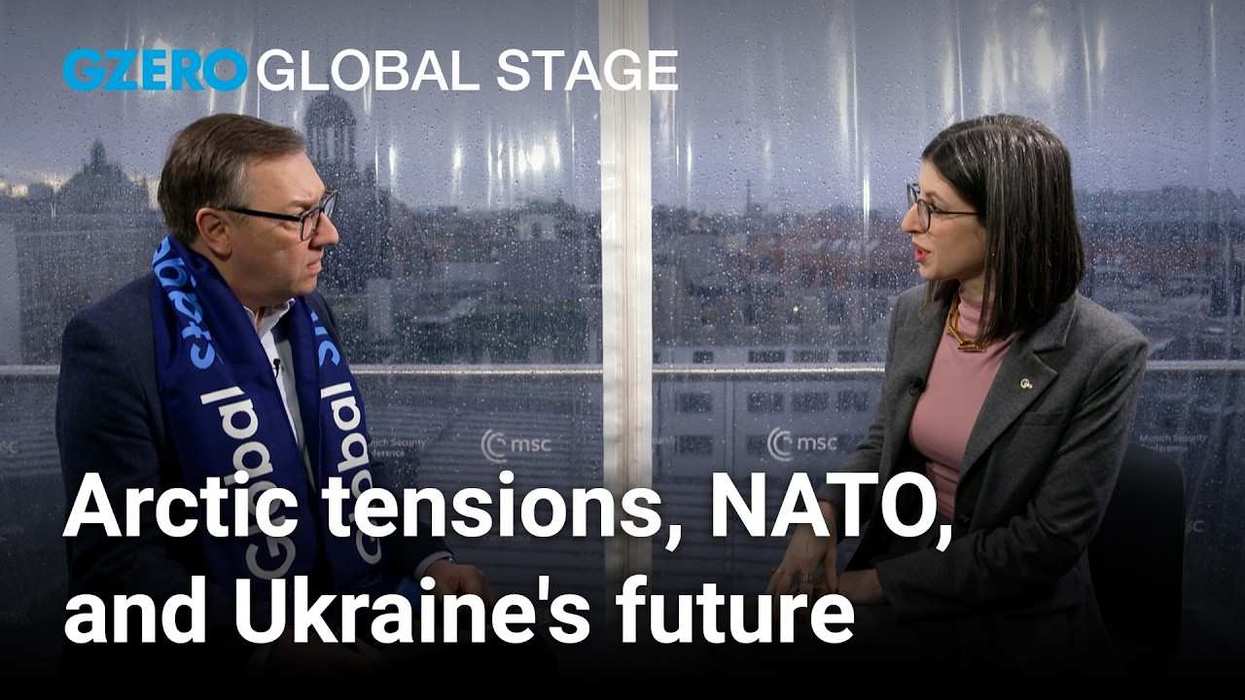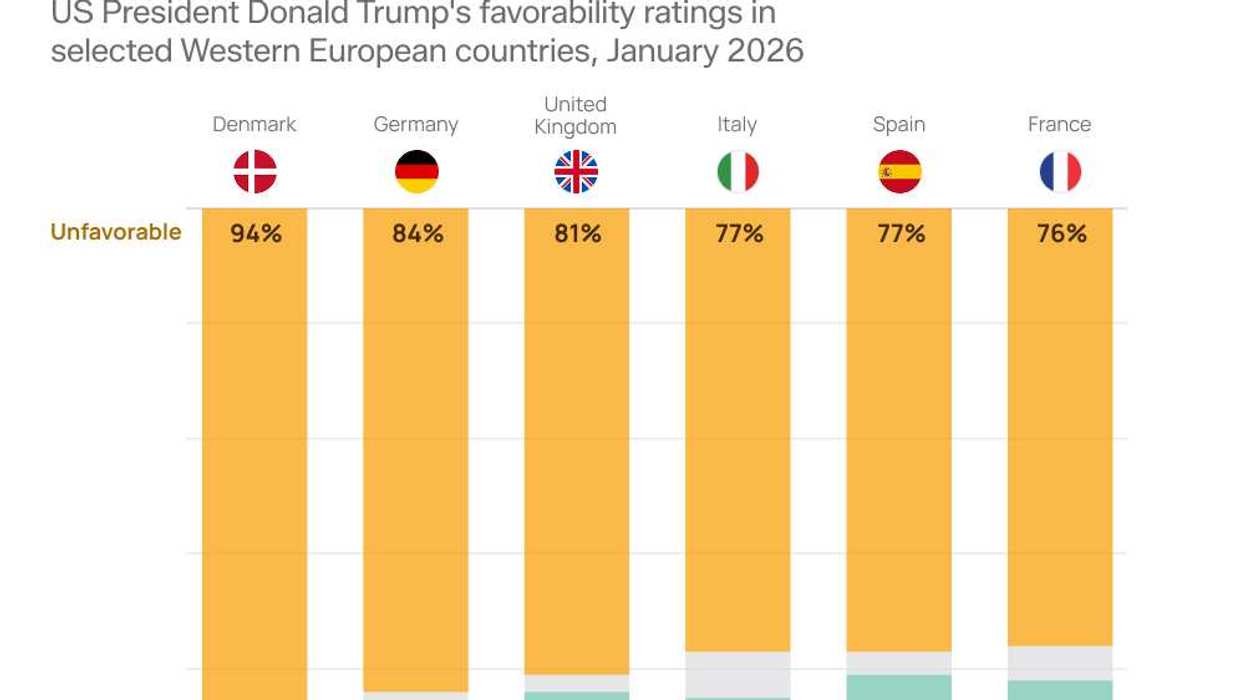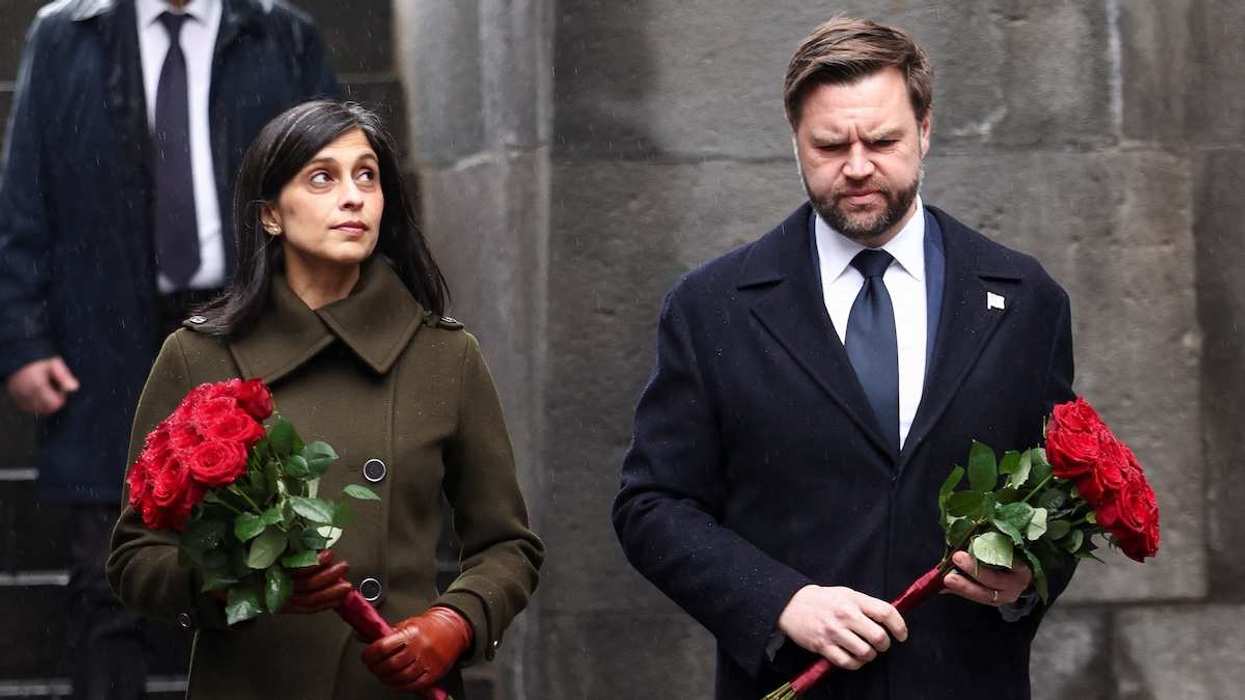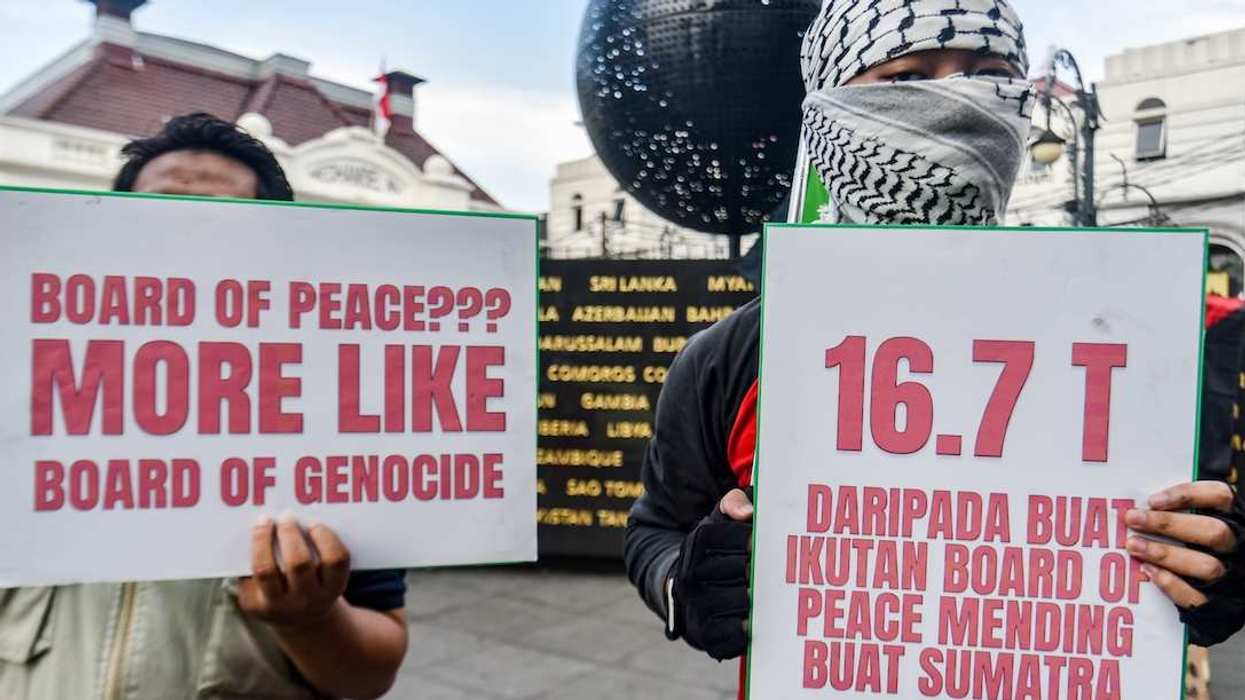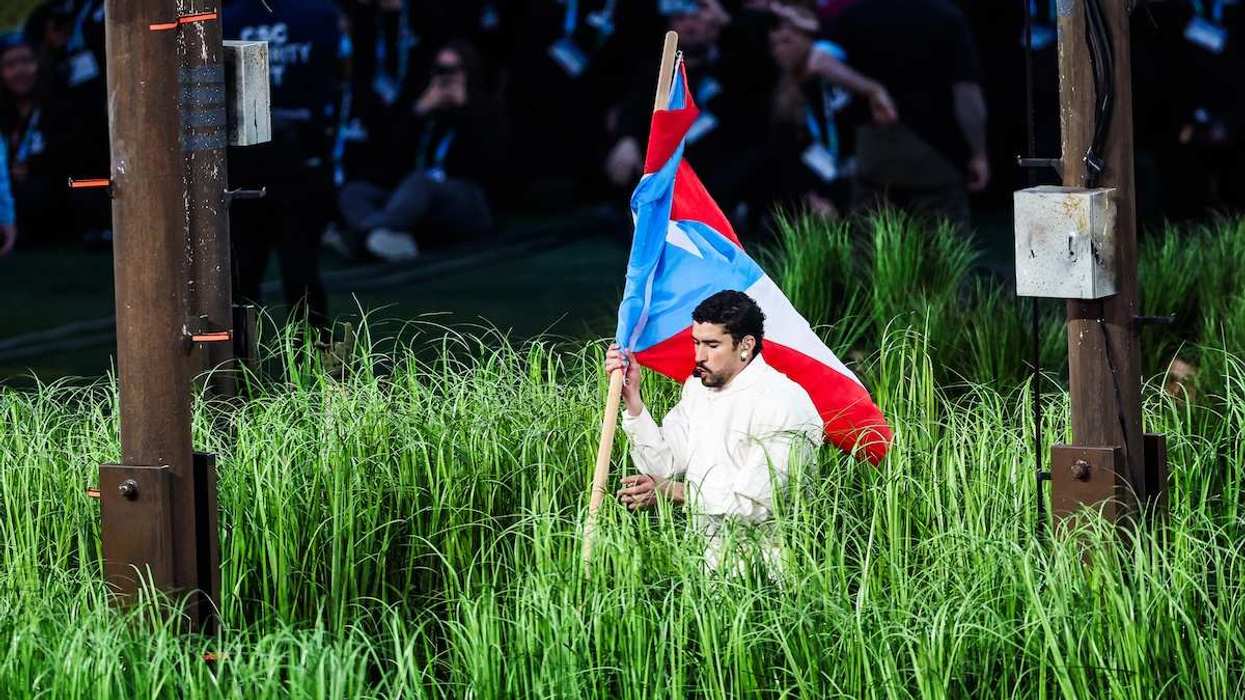VIDEOSGZERO World with Ian BremmerQuick TakePUPPET REGIMEIan ExplainsGZERO ReportsAsk IanGlobal Stage
Site Navigation
Search
Human content,
AI powered search.
Latest Stories
Sign up for GZERO Daily.
Get our latest updates and insights delivered to your inbox.
Global Stage: Live from Munich
WATCH RECORDING
US & Canada
Presented by
Ian Bremmer shares his perspective on global politics on this week's World In (More Than) 60 Seconds:
Number one, your questions. Can Putin rescue Belarus' President from his own people?
Well, not really. In the sense that Belarus has shown that their special services and their military are still very much loyal to Lukashenko. And while there have been significant and very courageous demonstrations of the Belarusian people across the country, and particularly in Minsk, among all of the major enterprises, state industry, the demonstrations happened briefly and then they stopped, because people didn't want to lose their jobs and their livelihood. And the fact that this is now gone on for well over a month. I mean, President Putin has basically said that he was going to act as the backstop for Lukashenko. He'd provide military support if needed. He's now provided some additional cash, a loan of over a billion dollars, they're saying, and it was a deeply embarrassing trip by the Belarusian President to Sochi, to bend on knee, and prostrate himself in front of his boss and ruler, the Russian President.
But it seems pretty clear that Russia is willing to take steps to ensure that Lukashenko stays in power. Unless he really oversteps by trying to clear out with a lot of violence, his own people. If he's willing to be patient, I suspect, and you don't have a unified opposition, the Belarusian people are nowhere near as organized as the Ukrainians were, and they don't have the international support that the Ukrainians did. I suspect that this looks more like Venezuela, where a lot of people are hoping, myself included, that Lukashenko is forced out, but he isn't forced out. In that regard, Lukashenko has very much been bolstered and supported by the Russian President, and probably doesn't have to pick up his dacha on the Russian coast of the Black Sea.
What do you make of the Taliban peace talks in Doha?
Well, it's good that peace talks are going on. The United States very clearly wants to get out of Afghanistan, the longest standing military conflict in American history. We're well into two decades at this point. It's a lot of people dead. A lot of American soldier's dead and injured. Trillions of dollars spent and vastly more Afghan civilians, as well as military killed. The fact that the Americans are sitting down with the Taliban directly as part of these talks in Doha, in Qatar, show that the world has changed. That the Americans are prepared to say, "If you could sit down with Kim Jong-un, you can certainly sit down with the Taliban." I'm even a little surprised that the US hasn't tried harder to sit down with the Iranian leadership, just because Trump generally thinks that you get anyone in the room and there's a shot, so why not? Harder for Iran, because the country itself is more divided. Interestingly, the Taliban, this is not just with the Afghan government. It's also with the opposition, because they say they don't recognize the government.
My concern here is that the Taliban right now are playing nice. They are willing to support a more consistent cease fire. They're willing to say the right things in terms of shared governance and Islamic state. But that's because there are still US troops in Afghanistan, and they are drawing down. My view is that the Taliban understands that time is on their side, and once the Americans leave, and the interest of the Americans at that point in continuing to pay huge amounts of money into the Afghan coffers, and that is most of the Afghan state budget is American aid at this point, goes down. Then the Taliban are in a vastly better position to refuse continued talks, step up military attacks and the Afghan government collapses. I'm not in any way clear that this is a positive for Afghanistan, because I'm just not convinced the Americans have a lot of staying power, once the troops are out. I'm completely sympathetic to pulling the troops out. I wish that the Americans were more willing, absent US troops to be heavily involved in continued humanitarian aid, and diplomacy in a multilateral format. This administration certainly is not. I'm not sure a Biden Administration would do a lot more on that front either.
Why is Mexico's President raffling off his own plane?
Well, he's really anti-corruption. This is a guy who's still at almost 60% approval ratings, despite having mishandled coronavirus pretty badly, and the economy in free fall. Largely that's because he is not only seen as being anti-corrupt, but he's truly anti-corrupt. In Brazil, Bolsonaro was really seen as being anti-corrupt, but a lot of the recent cases against members of his family are putting a question to that. Where Lopez Obrador truly, is not on the take. I think that makes him very widely supported. He's opened the Presidential Palace on days for the people to be able to come in and see it. That was a big populous move. Also offering to raffle off his presidential plane. He doesn't need a presidential plane. He can fly commercial he says. That also was such a move. Unfortunately, it's been a bit of a dog's breakfast in terms of the way it's come about. They've not been able to sell it. The raffle prizes will actually be cash, as opposed to the plane itself. The whole thing has been handled bureaucratically in a lousy way, and an economically inefficient way. That describes a lot of his administration so far, even if the intentions are pretty good. One thing I will say is when I talked to a lot of people on the other side, a lot of Mexican conservatives, especially former conservatives in government that know Lopez Obrador personally. They like him. They like him as a person. They say he's a good man. He's a decent man, but my God, they think he's horrible in government. I think that divide is getting bigger over time.
Finally, what can we expect from the 75th UN General Assembly?
Well, it's virtual, so you're going to have a lot of speeches, but the speeches will not be delivered in person. Of course, politics is very much a contact sport. You're not going to have all of these bilaterals on the sidelines, which is where the biggest news usually gets made. But, a big speech at the UN from the Chinese President in this environment, given what's happening for example, in Hong Kong and with the United States, and Australia, and Canada, pretty interesting. From the Indian Prime Minister, what he has to say about China, pretty interesting. From Mohammad Bin Salman, what he's going to say about the opening of relations with Israel, and about Iran. There are more pieces at play geopolitically in the 75th UN General Assembly, than at any time in my lifetime. Even though it's going to be virtual, the nature of the speeches themselves are probably going to be more content heavy, and more interesting for those of us observing on the sidelines, than you would otherwise normally expect.
We're doing an enormous amount of programming, GZERO, Eurasia Group, and Microsoft together to bring the virtual UN General Assembly to all of you. You can check it out through the social feeds here, as well as on gzeromedia.com. We're kicking it off with an hour interview between myself and my good friend, Antonio Guterres, Secretary General. It is convivial and pretty open. I think you'll get a kick out of that, and you'll be lots of surprises over the course of the week.
Keep reading...Show less
More from US & Canada
The US writes its own rules
February 26, 2026
What the Supreme Court’s tariff ruling really changed
February 25, 2026
What’s Good Wednesdays™, February 25, 2026
February 25, 2026
The foreign policy details Trump omitted
February 25, 2026
Quick Take
Feb 25, 2026
Small businesses at a crossroads
February 25, 2026
Walmart’s $1 billion investment is strengthening associate careers
February 25, 2026
Four years in: Ukraine war grinds on
February 24, 2026
Puppet Regime
Feb 24, 2026
Graphic Truth: Russia’s declining fossil fuel revenues
February 24, 2026
Explore the Trusted Tech Alliance
February 24, 2026
Daalder: "A ceasefire is not in the interest of Ukraine"
February 24, 2026
Has US–Iran diplomacy reached its end?
February 23, 2026
Has social media reached a tipping point?
February 23, 2026
How cybercrime is becoming a threat to economic growth
February 23, 2026
GZERO World with Ian Bremmer
Feb 23, 2026
NATO, Trump, and Europe’s wake-up call with Ivo Daalder
February 21, 2026
Ian Explains
Feb 20, 2026
Supreme Court blocks Trump’s tariff power
February 20, 2026
India’s AI power play
February 20, 2026
You vs. the News: A Weekly News Quiz - February 20, 2026
February 20, 2026
The man at the center of the Board of Peace
February 19, 2026
Venezuela cracked. Will Cuba follow?
February 18, 2026
ask ian
Feb 18, 2026
What’s Good Wednesdays™, February 18, 2026
February 18, 2026
Meet Puppet Regime’s puppet master
February 18, 2026
Graphic Truth: Is government making peoples' lives worse?
February 18, 2026
Nuclear is back on the global agenda
February 18, 2026
Walmart’s $1 billion investment is strengthening associate careers
February 18, 2026
Global technology leaders launch Trusted Tech Alliance
February 18, 2026
Can we rebuild the Internet for democracy?
February 17, 2026
Two Americas on display in Munich
February 17, 2026
Froman: The world is "adjusting" to Trump's tariff power
February 17, 2026
President Trump against the world
February 16, 2026
Ian Bremmer: The US–China AI space has “Zero Trust”
February 15, 2026
Why countries are picking their own alliances
February 15, 2026
What does “sovereign cloud” really mean?
February 15, 2026
The power of women leaders in global decision-making & peacebuilding
February 14, 2026
NATO’s new normal: “We may not be at war, but we’re not at peace”
February 14, 2026
Challenges facing the transatlantic relationship
February 14, 2026
Can tech rebuild trust?
February 14, 2026
President Trump's power-first foreign policy with CFR's President
February 14, 2026
How the US went from global cop to king of the jungle
February 13, 2026
Hard Numbers: Valentine’s Day Edition
February 13, 2026
US-Iran talks: Are strikes inevitable?
February 13, 2026
You vs. the News: A Weekly News Quiz - February 13, 2026
February 13, 2026
Are we in an era of "wrecking ball politics?"
February 12, 2026
Munich Security Conference: Can Europe defend itself without the US?
February 12, 2026
Graphic Truth: Where risk is heating up the fastest
February 12, 2026
Graphic Truth: Europe isn't loving Trump
February 12, 2026
US government to fund MAGA-aligned groups in Europe
February 12, 2026
Zelensky agrees with Trump on need for elections
February 12, 2026
Cyber resilience for small enterprises
February 12, 2026
Sanae Takaichi has the power to change Japan
February 11, 2026
Post-Gen Z revolution, where does Bangladesh go next?
February 11, 2026
What’s Good Wednesdays™, February 11, 2026
February 11, 2026
Football wins, local economy scores
February 11, 2026
Walmart’s $1 billion investment is strengthening associate careers
February 11, 2026
Building community-first AI infrastructure
February 10, 2026
Venezuela’s window is open – but only a little
February 10, 2026
Venezuela’s new reality
February 10, 2026
Trump says Modi says he won't buy more oil from Russia
February 10, 2026
Freedom of expression at the Olympics
February 09, 2026
GZERO Series
GZERO Daily: our free newsletter about global politics
Keep up with what’s going on around the world - and why it matters.
